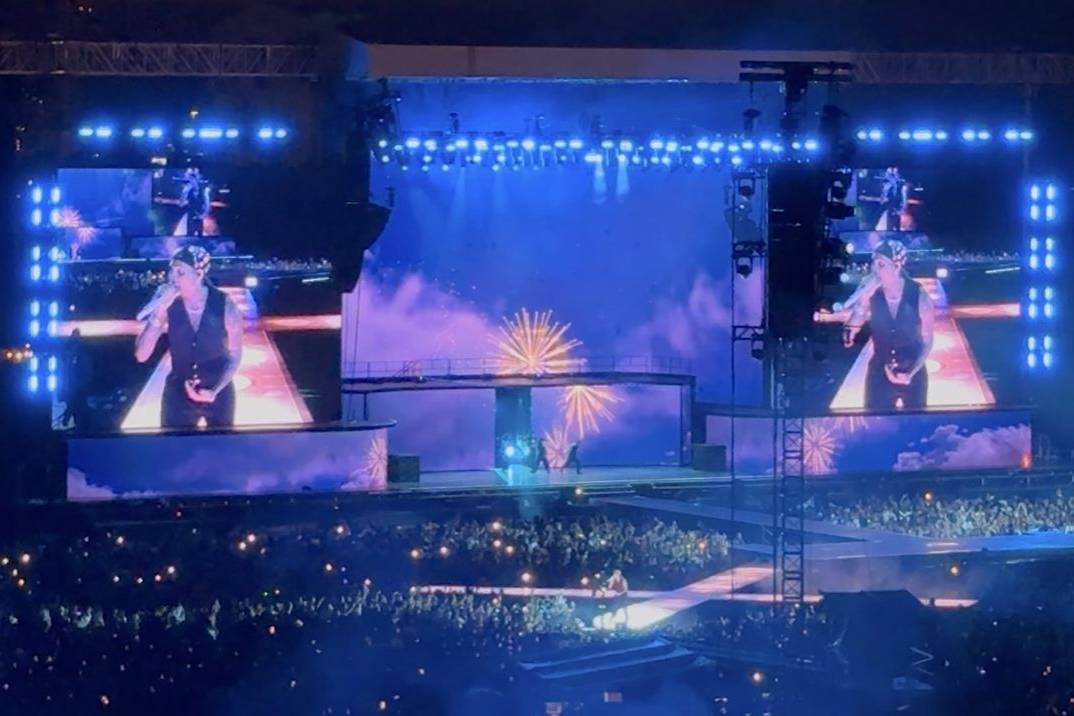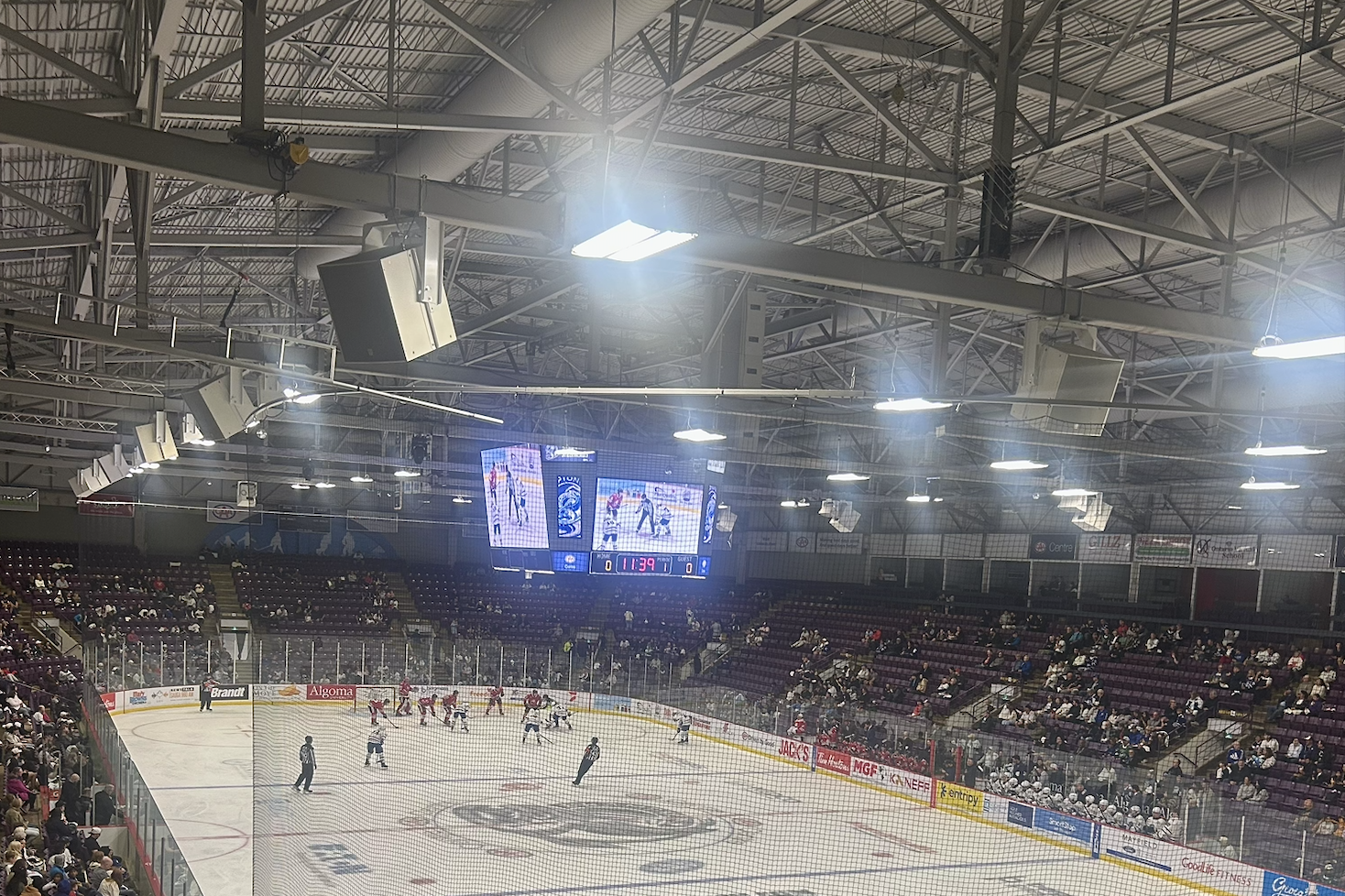Humber Polytechnic’s varsity esports teams are expecting to hit their stride this year. Their secret weapon? Mental health services.
Bernard Mafei, senior esports administrator, hopes to foster new talent with a unique training plan that focuses not just on winning games, but on players’ mental health. “It starts at recruitment and it’s about more than how good you are,” Mafei said about the new team drafts that began this September.
He stated that in recruitment they’re looking for leadership and communication skills before technical skill at the game. The varsity staff plans to build young players into a professional team by giving them a place to discover who are they are, on and off the field. The key to this plan is the hiring of an esports psychologist.
Dr. Ryan Terao, known online as “PsychSensei”, is a clinical psychologist that focuses on esports. On his website, he states he works with teams to grow their mental resiliency, performance and mental health.
Mafei said that Dr. Terao’s work with the Humber teams has been the real breakthrough. Keeping up with classes, jobs and family responsibilities is a unique challenge to collegiate-level play, where players are not working full time for a professional team.
Dr. Terao’s work, such as teaching players how to stay calm under pressure, or giving them a place to speak honestly about their experiences with the team, is going to be the big reason that players can handle the pressure and workload this year.
This new training with Dr. Terao is also preparing students for the possibilities of collegiate play which Lina Shim, lead of varsity esports operations, is determined for their players to be ready to face.
She stated that collegiate play is where you learn what you’re capable of — and what you’re not. Varsity esports lets players experiment with game play that would never be seen in higher-level professional leagues.
Mafei agrees, saying, “If you can’t do that here when you’re on a team for the first time, then we aren’t really preparing you for your role.”
Mafei concluded his thoughts with a laugh. “Collegiate esports are still very young, but I think we’re going to find something that really works as long as we continue to work together.”
*photographer Pixels, Creative Commons License




